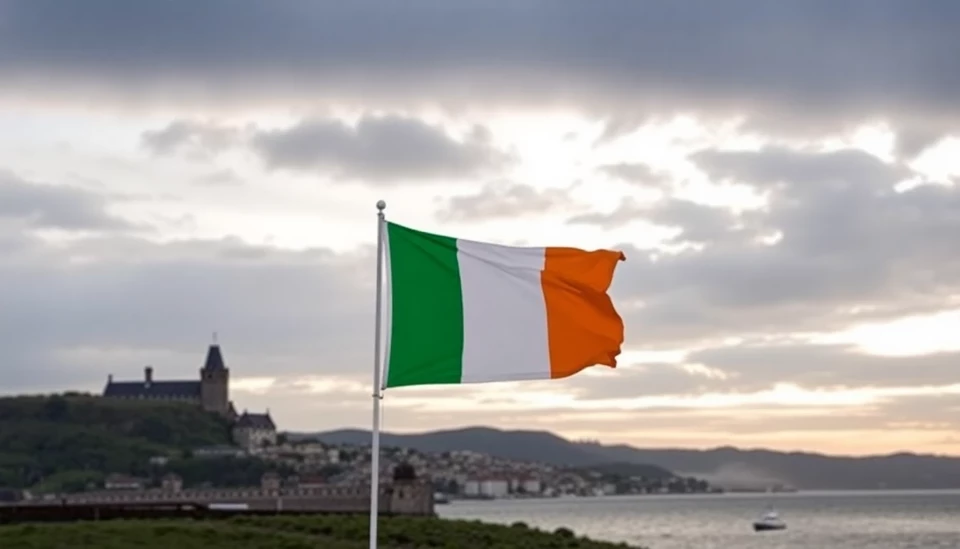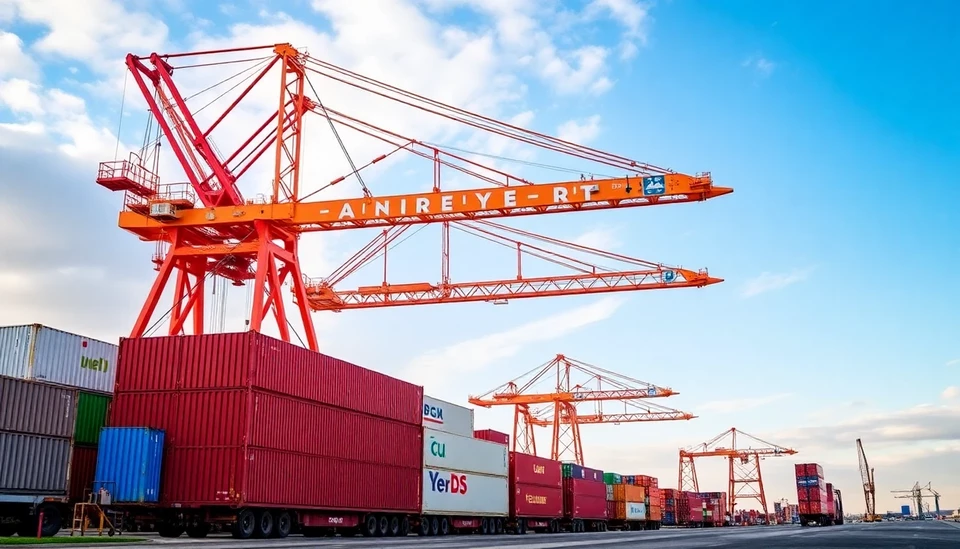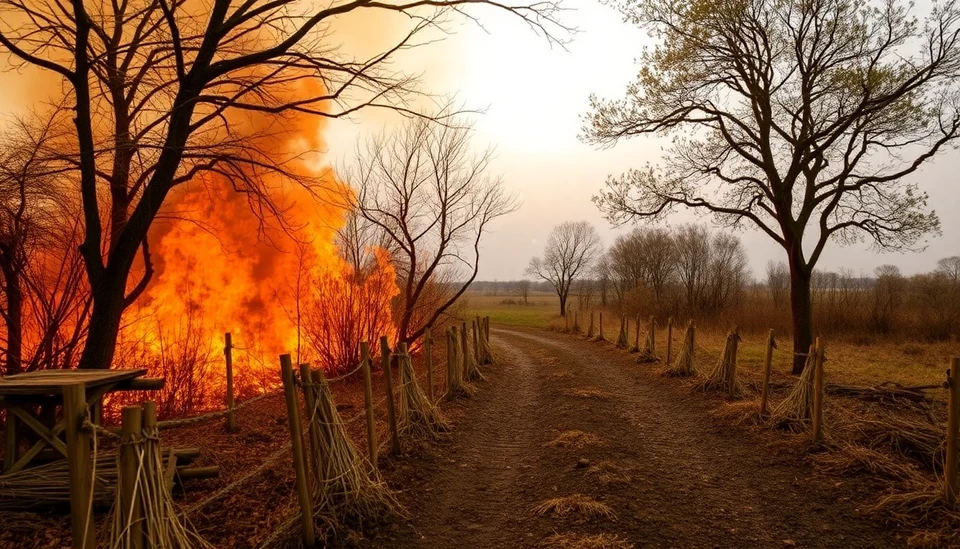
In a strategic move aimed at increasing its clout within the European Union, Ireland has announced plans to bolster its partnership with Nordic and Baltic nations. This collaboration is envisioned as a multipronged approach to enhancing Ireland's influence in EU policymaking and addressing regional challenges effectively.
The initiative comes at a time when Ireland seeks to navigate a complex geopolitical landscape in the EU, marked by shifting alliances and the growing influence of larger member states. With a focus on like-minded countries in the Nordic-Baltic region, Ireland aims to forge deeper ties with nations that share its values and priorities, particularly in areas such as sustainability, technology, and social justice.
Irish officials have indicated that strengthening this alliance will not only amplify their voices on key EU issues but also provide a platform for collaborative efforts in tackling pressing challenges. The Nordic and Baltic countries—comprised of Denmark, Sweden, Finland, Estonia, Latvia, and Lithuania—are already known for their progressive policies and strong commitment to the European project, making them valuable partners for Ireland.
Additionally, Ireland's outreach to these countries highlights its intention to play a more active role in EU discussions regarding climate initiatives, digital innovation, and security matters. With the backdrop of the ongoing climate crisis and the technological revolution, Ireland is keen to engage in comprehensive dialogues that leverage the collective strengths of the Nordic-Baltic alliance.
As part of this initiative, Ireland plans to host a series of meetings and forums with representatives from the Nordic-Baltic nations, focusing on policy convergence and mutual support on EU digital and environmental agendas. These discussions are expected to lay the groundwork for formal agreements that will outline collaborative actions moving forward.
Critically, this alliance is also seen as a counterbalance to the dominant influence of larger EU member states. By fortifying its ties with fellow smaller nations, Ireland can better advocate for its interests within the EU framework, ensuring that its voice is heard amid the often-disproportionate sway wielded by more populous nations.
The historical context also plays a significant role in Ireland’s strategy. With the recent challenges posed by Brexit and changing dynamics in Europe, Ireland understands the need for robust alliances that can support its objectives within a rapidly evolving EU landscape. The Nordic-Baltic alliance provides an opportunity for Ireland to align itself more closely with partners that have similar concerns and aspirations.
Overall, Ireland's commitment to enhancing its relationships with Nordic and Baltic countries signals a proactive approach to EU engagement. As discussions unfold in the coming months, it will be interesting to observe how this partnership evolves and contributes to the shaping of EU policies that reflect the shared values and priorities of its members.
As Ireland embarks on this journey, economic growth, innovation, and sustainability are expected to be at the forefront of the agenda, solidifying the nation’s role as a key player in the future of European integration.
In conclusion, the strengthening of the Nordic-Baltic alliance marks an important chapter for Ireland as it seeks to enhance its EU influence and chart a course that aligns with its national interests while promoting cooperative progress across Europe.
#Ireland #NordicBalticAlliance #EUPolicy #InternationalRelations #ClimateChange #DigitalInnovation #Sustainability #EuropeanIntegration
Author: Rachel Greene




